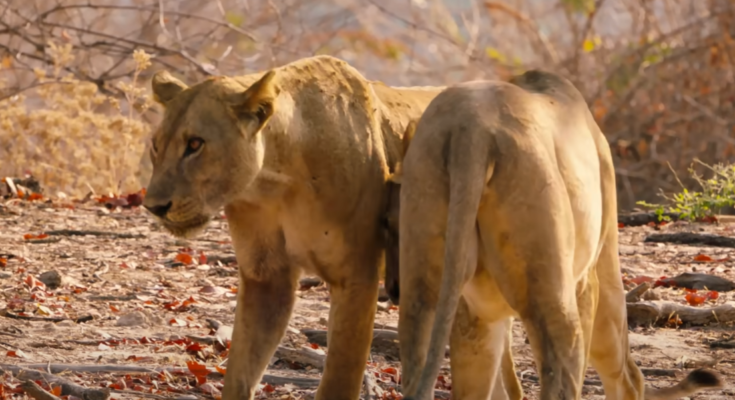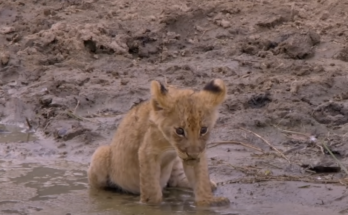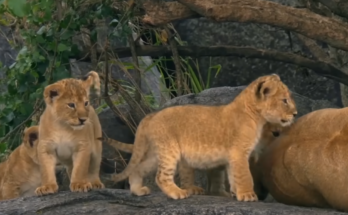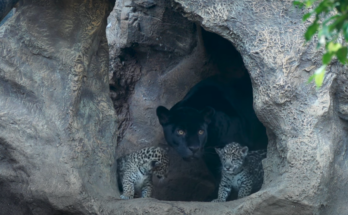Protective Instincts: Why a Lioness Keeps Her Cubs’ Father Away
Lionesses are renowned for their fierce devotion to their cubs, and this extends to keeping even the father of her offspring at a distance. While male lions play a vital role in protecting the pride, a lioness’s instinct to shield her cubs can lead to tension within the group, especially during the vulnerable early stages of their lives.
After giving birth, a lioness often isolates herself to nurse and care for her cubs in secrecy. This is critical for their survival, as cubs are born blind and helpless, making them easy targets for predators. Surprisingly, the father of the cubs can also pose a threat, either due to aggression, confusion, or competition within the pride.
Male lions, especially new leaders of a pride, may kill cubs to eliminate the offspring of a rival and prompt the lioness to mate again. Even in stable prides, a father may inadvertently harm the cubs during rough interactions. To prevent this, lionesses take extra precautions, including growling or positioning themselves defensively between the cubs and the father.
Over time, as the cubs grow stronger and integrate with the pride, the lioness gradually allows the father closer. At this stage, his presence provides protection against external threats, as his imposing size and strength deter rival males and predators.
This intricate dynamic highlights the delicate balance of family bonds in the wild. A lioness’s initial wariness ensures her cubs’ survival, while the father’s eventual role reinforces the unity and strength of the pride.



